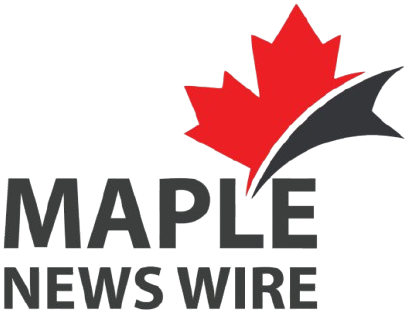Trump’s preliminary UK trade deal signals new global trade rules — and raises fresh concerns for Canada amid tariffs and a shifting U.S. strategy.
Trump’s UK Trade Deal Sends Warning Signals to Canada
A tentative U.S.-UK trade agreement has set off alarm bells in Ottawa as President Donald Trump hints at reshaping global trade dynamics — and Canada’s position in it.
While the agreement with the United Kingdom remains preliminary, its announcement signals a deeper strategy behind Trump’s tariff-driven trade doctrine. For Canada, it’s a wake-up call that even existing trade pacts like CUSMA may not shield it from shifting U.S. priorities.
Tariffs Stay, But Flexibility Emerges in U.S. Strategy
Though not finalized, the UK deal shows Trump’s willingness to tweak — but not eliminate — tariffs. The president confirmed a baseline 10% tariff will remain on most UK imports, even as duties on key exports like ethanol and beef are eased.
U.S. Commerce Secretary Howard Lutnick reiterated that tariffs remain central to the administration’s trade policy, with steel and aluminum tariffs lifted only under quota-based concessions.
Meanwhile, the UK will benefit from a reduced 10% auto tariff on up to 100,000 vehicles — a move that could sideline Canada’s deeply integrated auto sector.
Canada Faces Higher Trade Barriers Despite CUSMA
Canada finds itself in a more precarious position. Unlike the UK, it wasn’t part of the “reciprocal” tariff negotiations and is excluded from Trump’s 90-day fast-track deal window.
In March, Trump imposed sweeping tariffs on Canadian goods, citing drug trafficking concerns. These duties were later partially rolled back for imports compliant with the Canada-U.S.-Mexico Agreement (CUSMA). But steel, aluminum, and automobile tariffs still apply — with only partial relief for U.S.-made vehicle components.
The U.S. administration’s approach continues to undermine the spirit of CUSMA, even as Trump praises the agreement in meetings with Canadian Prime Minister Mark Carney.
North American Auto Sector Raises Concerns
Industry leaders are warning of imbalanced competition. Matt Blunt, president of the American Automotive Policy Council, criticized the UK deal for giving British automakers an edge over CUSMA-compliant manufacturers.
“U.K. vehicles with minimal U.S. content now have an easier path to American markets than North American vehicles with high U.S. value,” Blunt said, urging caution against setting this as a precedent for deals with other trading blocs.
Carney-Trump Meeting Signals Tentative Thaw
Despite months of diplomatic jabs, Trump’s recent Oval Office meeting with Prime Minister Carney was cordial. Trump described Carney as “very talented,” while Carney called Trump a “transformational” leader — a tone shift that suggests new diplomatic opportunities.
Experts say the U.K.’s successful negotiations under Prime Minister Keir Starmer could be a model for Canada. Christopher Sands of Johns Hopkins University noted that “persistence and friendly professionalism” helped the UK secure concessions, a playbook that might work for Ottawa too.
What Canada Should Expect Going Forward
Analysts warn Canada is entering an era of “managed trade.” Even if Ottawa navigates talks successfully, tariffs may persist — just at reduced levels. This could still offer an advantage over nations without trade agreements like CUSMA.
“There’s a chance Canada may benefit if Trump’s tariffs fall but stay in place,” said international relations expert Fen Osler Hampson. “In a reshaped global trade arena, that might be the best-case scenario.”
The Deficit Debate Could Complicate Talks
One challenge looms large: Trump’s fixation on trade deficits. Henry Olsen of the Public Policy Center warned that despite inflated claims, Trump will demand deficit reduction — a difficult feat given the U.S.’s heavy import of Canadian energy. For Prime Minister Carney, that could mean navigating politically loaded negotiations with few easy wins.
Trump’s UK deal isn’t just about Britain — it’s a preview of the road ahead for Canada. The message is clear: trade with the U.S. is no longer governed by legacy pacts or shared history, but by strategic leverage and tariffs. Canada must now retool its strategy or risk being outpaced by newer, nimbler trade partners.




